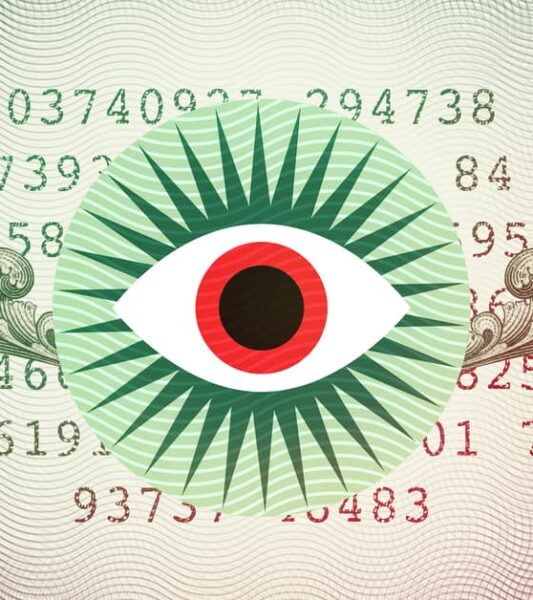Resources
Cash Intensive Businesses
Discover the intricacies of cash intensive businesses and the risks they face in our brief guide.

6th Anti-Money Laundering Directive (6AMLD)
Dive into our comprehensive dictionary guide on the 6th Anti-Money Laundering Directive (6AMLD). Discover the key aspects,...

Tax Haven in AML World
Tax havens: the hidden underworld of financial crimes. Join AML professionals as they dive into the characteristics...

Offshore Accounts in AML World
Offshore accounts pose unique challenges for AML professionals. Dive into this comprehensive guide to understand the risks...

Panama Papers
"The Panama Papers offer us a chance to change our system, to make it better." Joseph Stiglitz

Money Laundering Risk Indicator (MLRI)
Discover how the Money Laundering Risk Indicator (MLRI) enhances risk assessment, resource allocation, compliance, and detection of...

Intra-group Transfers in AML
Managing intra-group transfers in AML requires a comprehensive approach. Delve into the complexities of risk assessment, enhanced...

FinCEN Files in AML
Delve into the captivating world of money laundering as the FinCEN Files expose the intricate web of...

Exploring the 5th and 6th Anti-Money Laundering Directives
Money laundering has serious ramifications. It destabilizes economies, facilitates corruption, and funds organized crime. So, it's no...

Decoding the Three Stages of Money Laundering
Money laundering is a pervasive issue that affects economies worldwide. Criminals seek to conceal the illicit origins...
